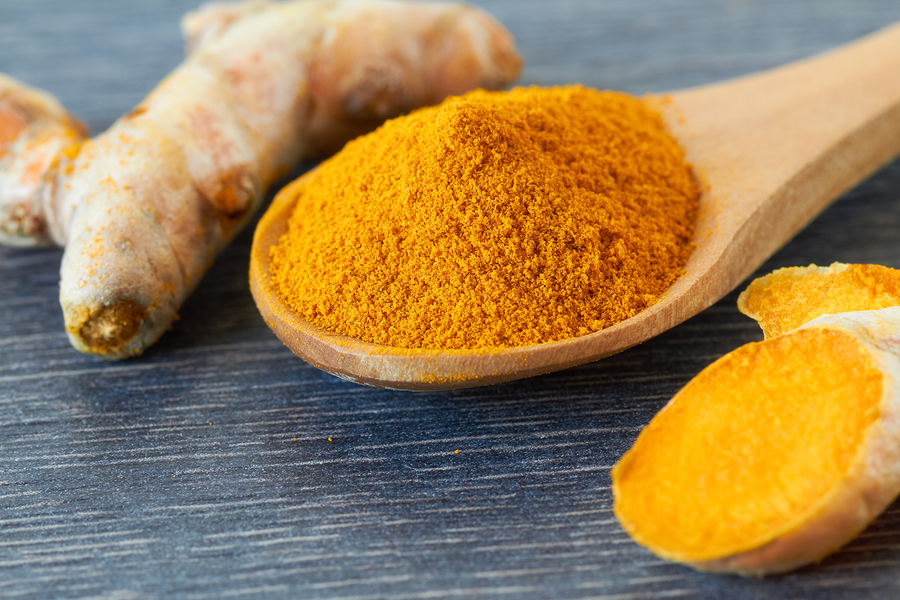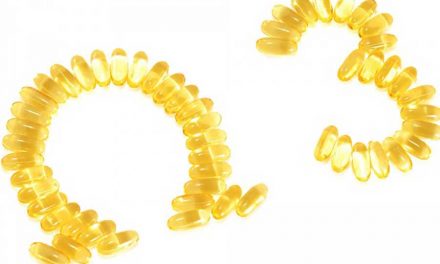Turmeric is a perennial plant, botanically related to ginger that is native to India, China and Indonesia. It is a component of curry powder and prepared mustard. It is used in traditional Chinese medicine and in Indian (Ayurvedic) medicine for its anti-inflammatory properties. It has been used to treat digestive disturbance, menstrual difficulties, pain and protecting the nervous and cardiovascular systems.
Curcuminoids are antioxidants that are found on the rhizozomes (root-like structures) of turmeric. Major curcuminoids include curcumin, demethoxycurcumin and bisdemethoxycurcumin. These substances have powerful antioxidant and anti-inflammatory activity.
Research, appearing in International Immunopharmacology (2006; 6(8):1233-42), showed that curcumin showed some therapeutic benefit in treating rats who had a chemically induced colitis. Other research has shown curcumin may have some value in treating colon cancer. Research in the journal Clinical Gastroenterology and Hepatology (August 2006; vol 4: pp 1035-1038) suggests that it might be valuable in treating colon cancer. Research in the Korean Journal of Gastroenterology (2005; 45(4):277-84) demonstrated that curcumin inhibited the growth of colon cancer cells. An animal study presented in the journal Cancer Epidemiology Biomarkers Preview (2005; 14(1):120-5 (ISSN: 1055-9965)) also suggests it may be useful for colon cancer patients. There are many more cancer studies that show the benefits of curcumin.






